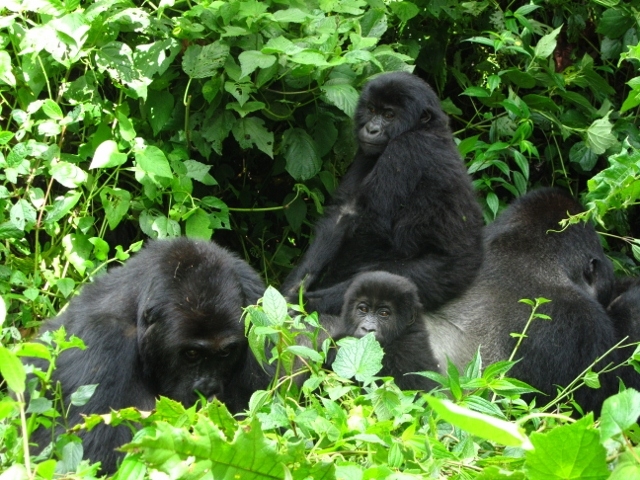Ifrane National Park is a national park located in the Middle Atlas mountain range, in Morocco. Its territory extends over the Western part of the Middle Atlas Mountains and areas within the provinces of Ifrane and Boulmane.
It was established in 2004,and covers an area of 125.000 ha. Much of the park is forested with Atlas cedar.
Ifrane National Park is one of the few remaining habitats for the Barbary macaque, Macaca Sylvanus; this primate prehistorically had a much broader range in North Africa, but currently survives as an endangered species in narrowly restricted and fragmented habitats.
Creation
Ifrane National Park was conceived in 1994 and established in October 2004 due to many reasons such as the existence of remarkable species in the territory, the presence of internationally important ecosystems, and the increase of human activity and resource exploitation.
Since the 1990s, Morocco got involved in the conception of strategies that can help in protecting the environment and biodiversity through projects and conventions such as Ramsar.
Ifrane National Park is one of the strategies that the Moroccan state came up with in order to demonstrate the importance of its forests and ecosystems.
Territory
The park initially covered an area of 53800 ha, and got enlarged in April 2008 so as to currently cover 125.000 ha.
The zone encompasses some of the most ecologically sensitive areas such as wetlands and high-altitude forests. It is believed that the park’s altitude varies between 1300 and 2400 meters including the cedar forest located in the province of Ifrane.
It was stated that the park contains 1/10 of the Atlas Cedar in the world, 1/4 of the world’s population of the Barbary Macaque, and two Ramsar sites: the two lakes Afennourir and Tifounassine.
Additionally, included in Ifrane National Park’s territory are the following ‘daiyat’, as in lakes, and forests:
Dait Aoua
Dait Hachlaf
Dait Ifrah
Tallount
Kharzouza
Ain Kahla
Objectives
The park was created with these three intentions:
Protecting biodiversity and ecosystems
Raising awareness of the environment and eco-tourism
Sustainable development of natural resources
Natural Reserve
The park constitutes a very important natural reserve to Morocco since it is biologically and geologically diverse.
Flora
The area has 1015 different plant species including the Atlas Cedar (Cedrus Atlantica), the Evergreen Oak (Quercus Ilex), the Algerian Oak (Quercus Canariensis), the Maritime Pine (Pinus Pinaster), and the Spanish Juniper (Juniperus Thunifera).
Other tree species that exist in the park include the Montpellier maple, the yew, and the holly.
Fauna
The park contains a rich fauna. It constitutes a natural living environment for the endangered monkey species the Barbary Macaque. Moreover, in the park one can find wild Barbary boars, the golden Jackal, the Serval, the Caracal, and the Common Genet.
In addition, the park is a place where various bird species keep showing up. In fact, Afennourir Lake is a Ramsar Site where you can find a shelter for bird-watching. The bird species that can be found in the lake include coots, also called Fulica, snipes, and egrets.


